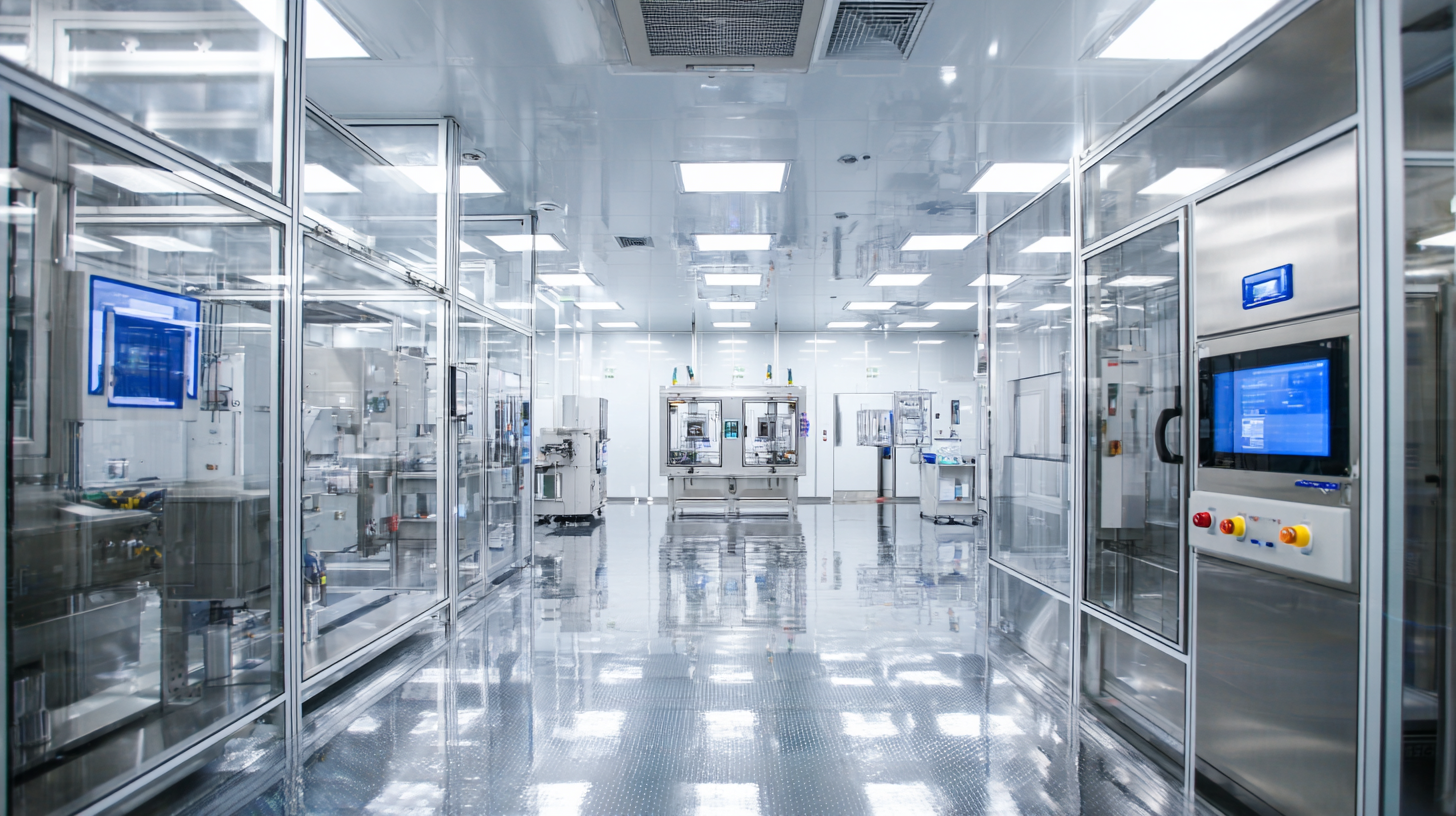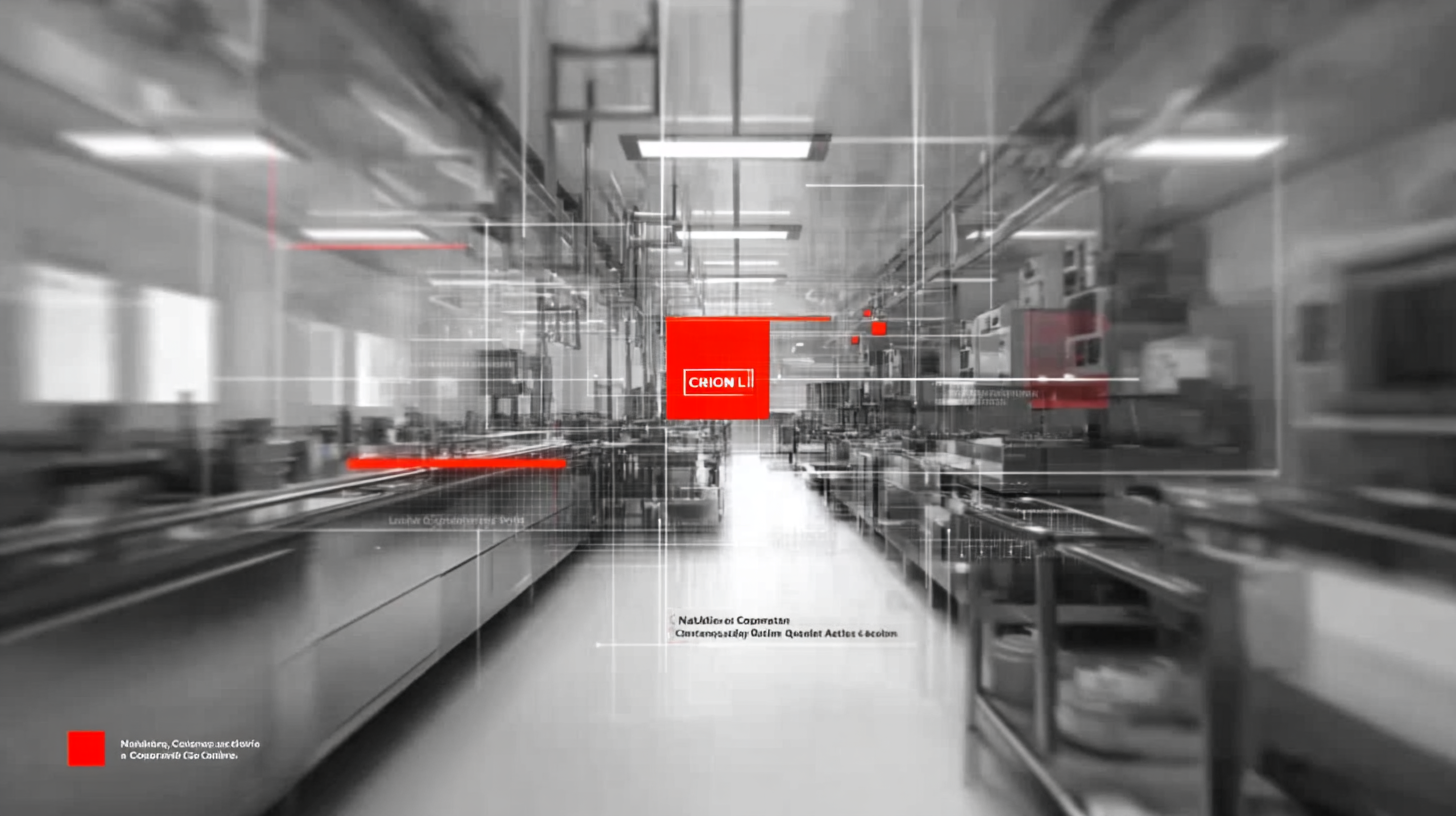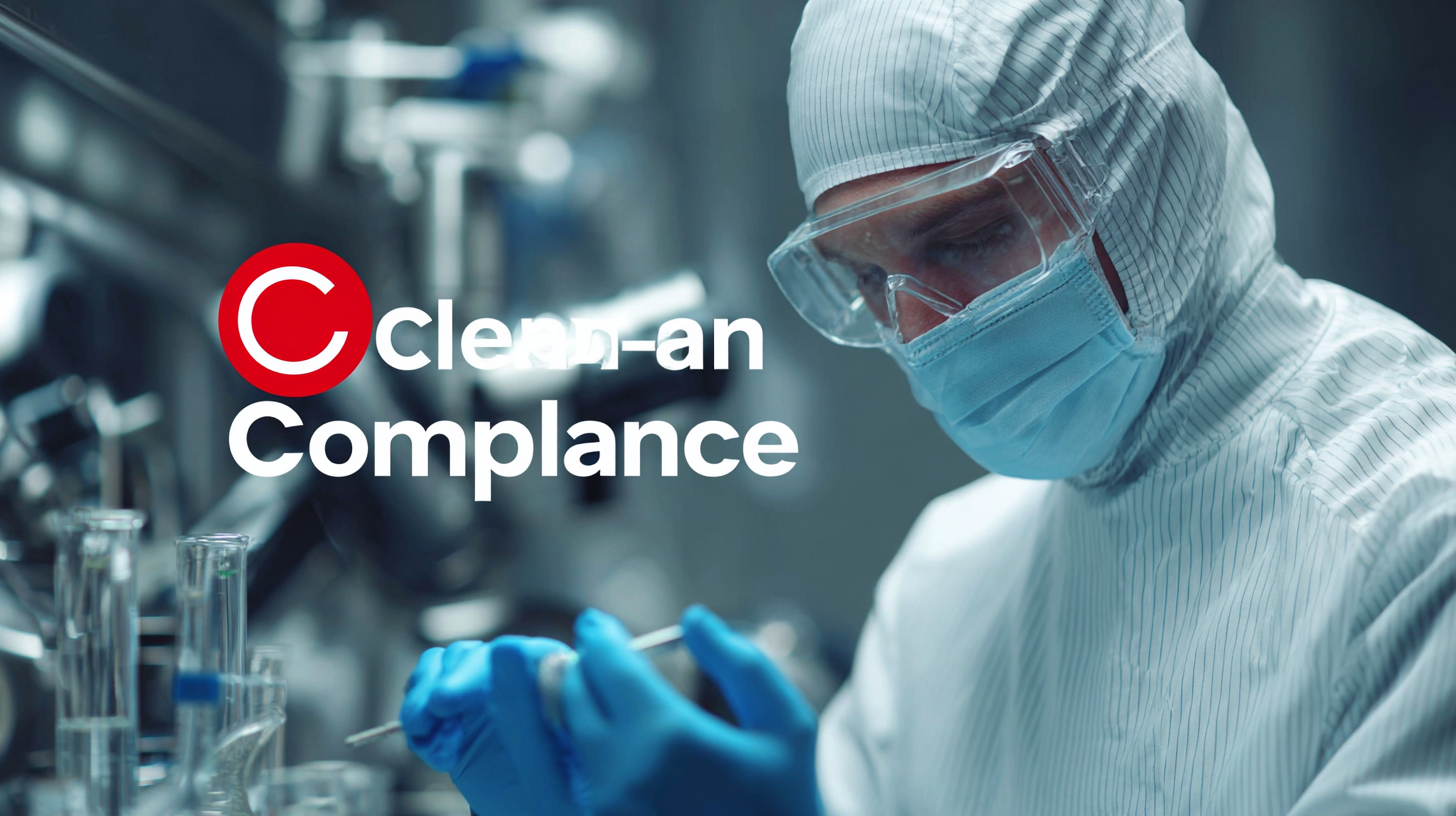
Navigating Global Compliance in Clean Room Imports and Exports for Optimal Quality Assurance
In today's increasingly globalized economy, the importance of maintaining stringent compliance standards in the import and export of clean rooms cannot be overstated. As per a recent report by MarketsandMarkets, the clean room technology market is projected to grow from USD 4.8 billion in 2021 to USD 9.4 billion by 2026, driven by rising demand across various sectors, including pharmaceuticals, biotechnology, and semiconductor manufacturing. This dramatic growth underscores the necessity for businesses to navigate complex regulatory landscapes effectively, ensuring that their clean room facilities meet both domestic and international compliance requirements. Furthermore, achieving optimal quality assurance in clean room environments is paramount, as even minor deviations can lead to significant product contamination and financial losses. Thus, understanding the intersection of global compliance and clean room operations is essential for organizations striving to maintain high standards and secure their competitive edge in the market.

Challenges in Global Compliance for Clean Room Imports and Exports
Navigating the complexities of global compliance in clean room imports and exports presents a myriad of challenges that industry stakeholders must address to ensure optimal quality assurance. According to a report by Frost & Sullivan, the global cleanroom technology market is projected to reach $5 billion by 2025, emphasizing the increasing importance of stringent international regulations. Manufacturers are now facing pressure to meet diverse compliance requirements varying from region to region, including ISO standards, FDA regulations, and specific regional mandates like EU's GMP standards. Each of these necessitates rigorous documentation and adherence to protocols, often leading to a convoluted process that can slow down supply chains.
Moreover, the consequences of failing to meet these compliance regulations can be severe, with industry analysts noting that non-compliance can result in penalties that range from substantial fines to complete product recalls. A study published by the International Society for Pharmaceutical Engineering found that nearly 30% of companies reported disruptions in their operations due to compliance issues, underscoring the necessity for a proactive approach. As organizations strive to streamline their import/export processes for cleanroom products, investing in compliance expertise and advanced tracking systems will be crucial to mitigating risks and ensuring product integrity across global markets.

Best Practices for Quality Assurance in Clean Room Supply Chains
In the realm of clean room supply chains, ensuring optimal quality assurance is paramount for organizations engaged in the import and export of sensitive materials. One of the best practices in this field is the establishment of stringent supplier audits. Regular evaluations not only verify that suppliers comply with international quality standards but also foster a culture of continuous improvement. These audits should focus on critical elements such as contamination control and adherence to clean room protocols, ultimately safeguarding the integrity of products that require pristine environments.
Another essential practice is implementing robust documentation and traceability systems throughout the supply chain. Maintaining detailed records of every transaction, from raw material sourcing to final product delivery, allows companies to quickly identify any issues related to quality. This traceability not only facilitates compliance with global regulations but also enhances customer confidence. By proactively managing these aspects of quality assurance, organizations can effectively navigate the complexities of clean room imports and exports, ensuring that they consistently meet rigorous industry standards while minimizing risks.
Navigating Global Compliance in Clean Room Imports and Exports
This chart illustrates the compliance levels across various regions in the clean room supply chain, highlighting the optimal practices for quality assurance. The data reflects the percentage of companies meeting compliance standards in the clean room environment for imports and exports.
Common Industry Applications of Clean Room Technologies
Cleanroom technologies play a crucial role in various industries, ensuring that environments remain free from contaminants to protect sensitive processes and products. In sectors such as pharmaceuticals and semiconductors, cleanrooms are essential for maintaining stringent quality assurance standards. For example, the production of vaccines requires highly controlled environments where even the smallest particles could compromise safety and efficacy. The integration of advanced cleanroom HVAC systems is vital for regulating airflow and maintaining precise temperature and humidity levels, which are critical for product integrity.
Additionally, the cleanroom robotics market is witnessing growth due to the increasing demand for automation in manufacturing processes. Cleanroom robots, such as those used for material handling and chemical processing, are becoming indispensable for enhancing operational efficiency while minimizing the risk of human error. As companies strive to meet regulatory compliance in their cleanroom operations, these technologies not only improve productivity but also align with global standards for safety and quality. Thus, the continued evolution of cleanroom applications, including modular and hybrid systems, highlights the industry's commitment to fostering a contamination-free environment in critical sectors.
Identifying and Overcoming Compliance Issues in Clean Room Operations
Navigating compliance issues in clean room operations is essential for maintaining optimal quality assurance in industries such as pharmaceuticals and biotechnology. With the global cleanroom market projected to reach USD 5.71 billion by 2027, adhering to stringent regulations has never been more critical. Compliance failures can lead to severe ramifications, including product recalls, significant financial losses, and damage to a company’s reputation. As outlined in a recent report by the International Society for Pharmaceutical Engineering (ISPE), non-compliance can increase operational costs by up to 30%, making it vital for organizations to proactively identify and address these challenges.
One of the most pressing compliance issues is maintaining proper documentation and traceability during clean room imports and exports. According to the Cleanroom Technology Journal, 62% of cleanroom operators reported difficulties in keeping up with evolving regulations and ensuring all operational protocols are properly documented. This gap can lead to inconsistencies in product quality and ultimately put patient safety at risk. Companies must invest in advanced compliance management systems that provide real-time tracking and comprehensive reporting to overcome these hurdles. By doing so, organizations can streamline their operations and ensure they meet international standards while enhancing their competitive edge in the market.
Case Studies: Success Stories in Clean Room Quality Management
In the realm of clean room imports and exports, quality assurance is not just a necessity; it's a hallmark of success. One compelling case study involves a pharmaceutical company that enhanced its clean room processes by integrating real-time monitoring systems. This innovation allowed them to maintain stringent environmental controls, significantly reducing contamination during the delicate stages of medication production. As a result, they achieved a remarkable increase in compliance with both domestic and international regulations, showcasing how technology can transform operational quality.

Another success story stems from an electronics manufacturer that faced challenges in meeting export compliance standards. By implementing robust training programs for employees on clean room protocols and establishing clear documentation processes, the company saw a drastic reduction in non-conformance reports. This proactive approach not only improved their clean room practices but also built stronger partnerships with overseas suppliers, ensuring that every product met the highest quality benchmarks before reaching the market.
These examples illustrate how commitment to clean room quality management can drive significant enhancements in both product integrity and global compliance.
